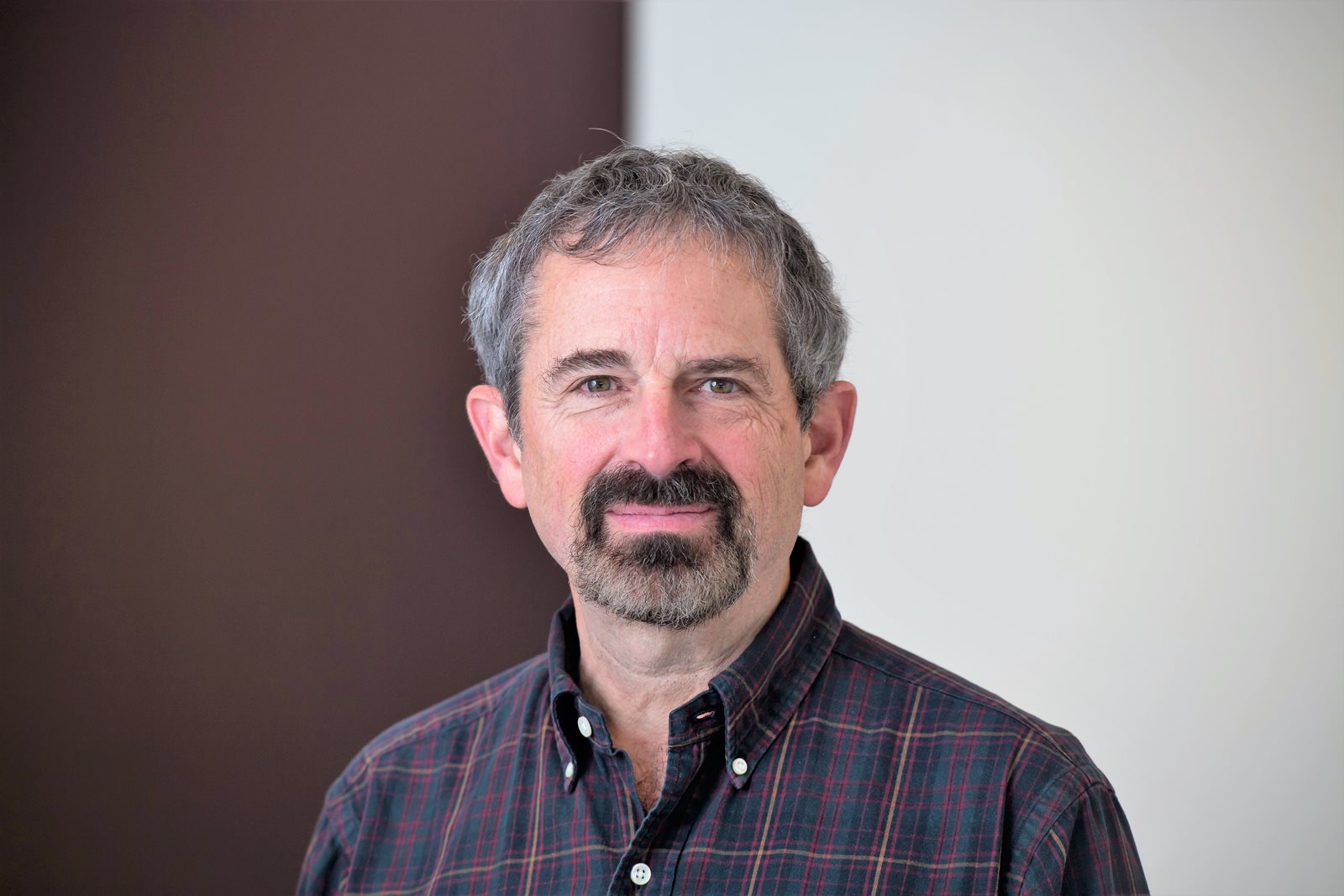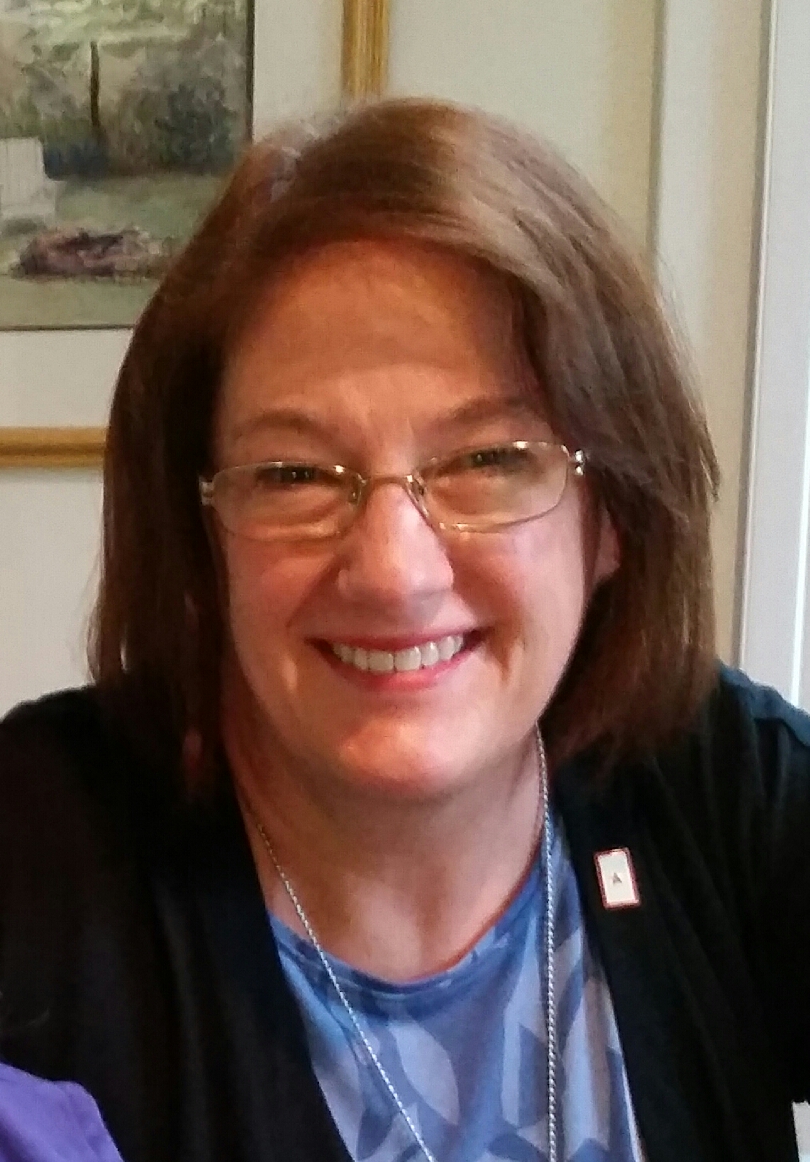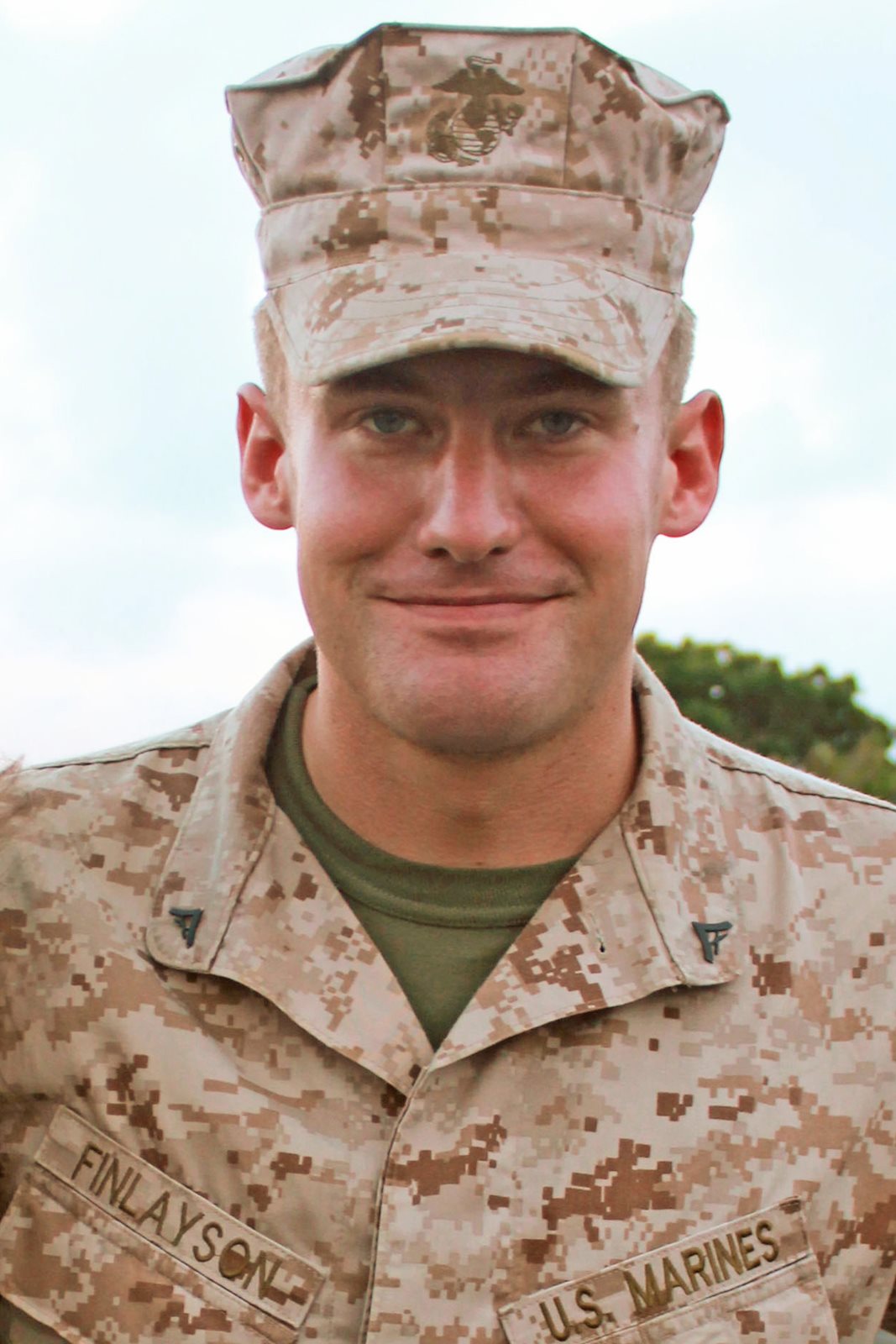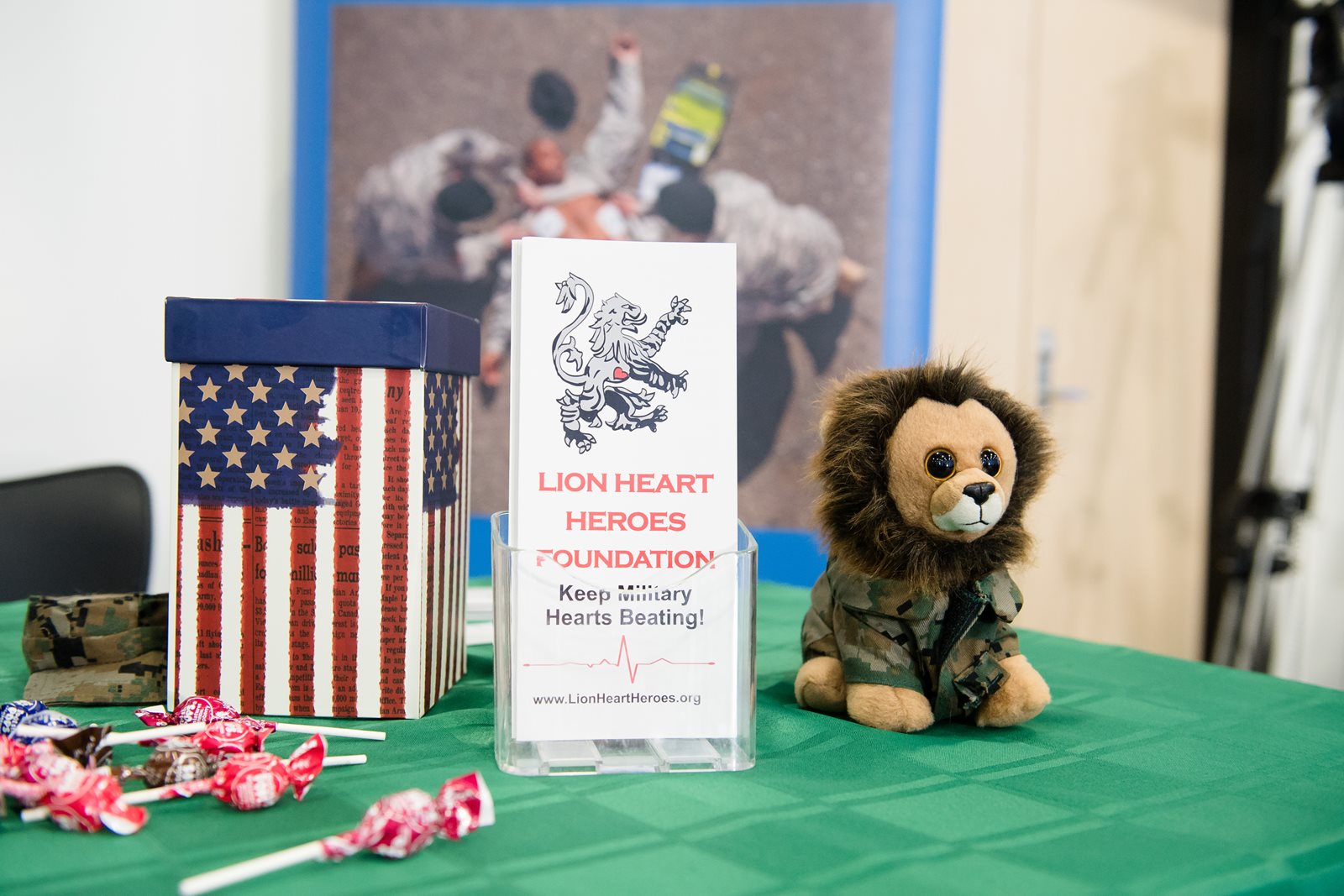
By Douglas Esser
All the marketing advice and connections provided by a UW Bothell faculty member were “amazing,” says a nonprofit founder whose foundation encourages the military to detect heart problems like the one that took the life of her Marine son.

Richard Geasey, a lecturer in the School of Business, met Laurie Finlayson at the UW Bothell Veterans Reception in November. She had a table to distribute information about her Lion Heart Heroes Foundation. They started talking. Geasey asked if there was anything he could do.
“We sure need all the marketing help we can get,” Finlayson said.
After some brainstorming via email, Geasey “took the ball and ran with it. He did amazing things. He’s a great connector,” Finlayson said. In addition to offering invaluable advice and suggestions from a class project, Geasey connected Finlayson with experts in fundraising and LinkedIn marketing.
Geasey, who served 13 years in the Army active duty and reserves, is still friends with soldiers he met and enjoys having ex-military in class. He says Lion Heart is a good connection for several reasons.
“It was nice for the students to see something real-world and to provide some input,” Geasey said. “Her nonprofit is very personal. The students are mostly the age of her son. I said, ‘Let’s see what we can do to help out.’”

Finlayson, the executive director, and her husband John, a retired Boeing engineer, started the foundation in 2014 in honor of Lance Corporal David Finlayson who died of sudden cardiac arrest on a training run with his battalion in Hawaii. Their 25-year-old son (who had a lion tattoo on his shoulder) had been a Marine for two years. An autopsy didn’t reveal any abnormal heart problem, Finlayson said.
She believes the death had something to do with electrical signals that control heartbeat. Sudden cardiac arrest is a leading cause of nontraumatic death in the military, specifically recruits in training, Finlayson said. Lion Heart advocates for electrocardiogram (EKG) screening for all enlistees who now face only a few questions and a stethoscope.

“Every military member deserves an EKG and the chance to prevent a life-altering or life-ending event,” Finlayson said.
A librarian who received a master of library and information science degree from UW in 2002, Finlayson changed jobs from full-time to part-time to build the foundation. She created the website and then started reaching out, including the table event at the UW Bothell reception where she connected with Geasey.
In addition to offering advice, Geasey used the foundation for a class assignment. Each group of students tackled a different aspect: increasing traffic to the webpage and improving the brochure, marketing and brand. Geasey went over the student reports with Finlayson. One student, Eric Ammons, who is an Air Force reservist, offered his technical expertise to upgrade the website.
“I’m glad to help,” said Geasey. “These small nonprofits have a huge hill to climb and no one to help out.”

Geasey also brought in a friend, Jay Fiske, a benefit auctioneer and co-founder of MaestroSoft, Inc., an event management software company. Fiske helped Finlayson sharpen the foundation’s message. Another of Geasey’s friends, Mike O’Neil, founder of Integrated Alliances and a LinkedIn executive coach, gave Finlayson a complementary critique of her LinkedIn pages.
“I think the marketing advice will help us connect with the movers and shakers that make a difference,” Finlayson said. “The University of Washington Bothell is phenomenal for wanting to give back to the community. We just did the little table and it had this huge ripple effect, and it’s still going on.”
(Photos of Richard Geasey and reception display by Marc Studer)
(Photos of Laurie Finlayson and David Finlayson courtesy of Laurie Finlayson)



